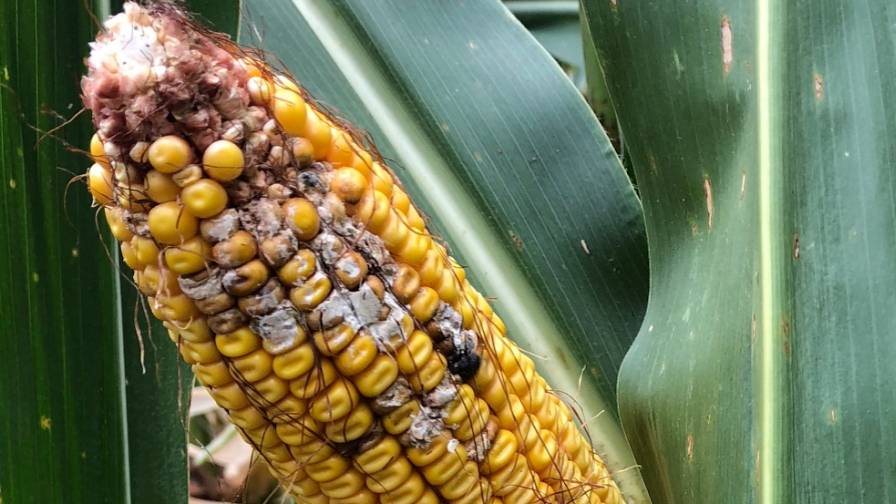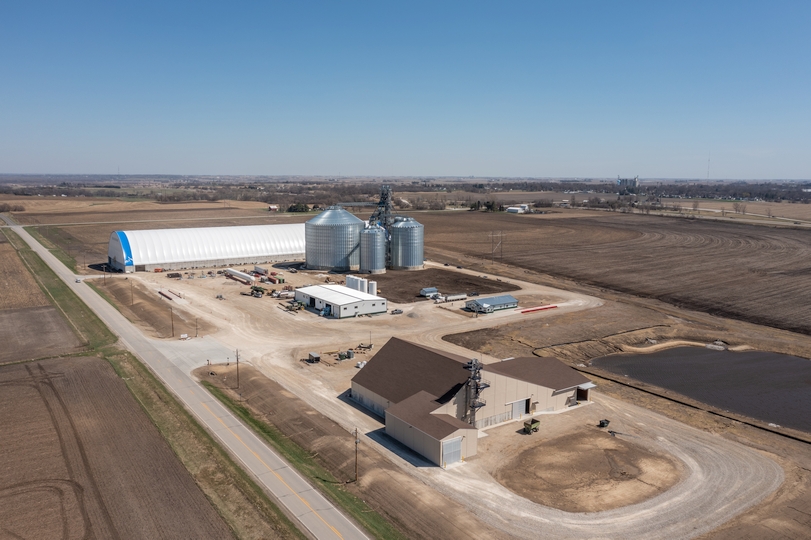MACA For A Half Century
CROPLIFE: In your mind, what has been MACA’s proudest moment over the past 50 years?
MCCARVEL: I think first place goes to the number of things is the association has done to create and develop industry standards. We keep hearing about MACA 75, which is one of the industry standards that we developed, and went on to develop MACA 25, and a couple of other brochures, the “How To” of ag chemical storage, and the “Fundamental Principles for Ag Chemical Storage.” And the other one is the crop protection warehouse storage standard survey. Whenever we go out and talk with people within the industry, they remember that and remember that MACA worked very hard and diligently to make sure that would be useful and yet was something that the industry could live with.
CL: On the flipside, what’s been your biggest disappointment?
MCCARVEL: Probably the biggest challenge is that we still have people that are in the industry, but they are not actively involved. We really need everybody to be involved because there are those people and companies that invest time in resources — whether it’s financial resources or people — but there’s always the few who don’t get involved. If we could get everybody involved, we would be that much stronger.
CL: So how do you get them involved?
MCCARVEL: A couple of ways. We’ve actually been working on that the past two years. We have to go out and tell our story. I’ve been working with the president and vice president of our association to go out and meet with the company representatives, the people that are really involved in saying “yes” or “no.” We tell them that they should continue to be a member of MACA and make sure they understand what MACA is working on and why it’s beneficial to their company. Also, we talk about the benefits to their company and that other potential members could see if they were members, taking some time and getting some people who actually know what their specific business is about and more of the details of being able to talk with them one-on-one. And sometimes that’s just the key part. We have to make sure that we go in and ask them for their involvement.
MCCARVEL: There are probably two things that are still big concerns, and will continue to be issues, that we have to work and keep focus on. One will be water issues. MACA first got real active with that back in 1996 when it hired Jack Dutra to become water consultant. We’ve got the Great Lakes and Mississippi River coming through the Midwest, so water issues can really impact the industry. We have to be proactive rather than reactive. If we can have somebody helping us and monitoring what’s going on and making sure that everyone understands what the industry is doing instead of having everything mandated to us. If we can have some input, we can make it easier for everybody, and everyone will be much better off than just letting it be dictated down without input from the industry.
Probably the second area that continues to be a challenge is speaking out and educating the public about the benefits of agriculture and crop protection products. That’s why our CropLife Ambassador Network (CAN) program is so important. We are reaching out to the elementary students in grades three, four, and five because if we don’t get them at an early age, we are going to have problems later on.
CL: Where would you hope MACA is for its 100th birthday?
MCCARVEL: I would hope that we will be continuing to provide benefits to our members, by delivering benefits to them which helps their business and continue to update and maintain as well as develop industry standards which are needed. We will make sure the industry has the input into what the standards are, so that they are acceptable to everyone in the industry. That would be one.
The second one would be on water issues. We want to make sure that we haven’t put people out of business because everyone has dictated to the industry what it should be doing. Rather, we need to get the point across that if you base the decisions on sound science and technology, there are great opportunities to provide input from the crop protection industry.
Probably the third one would be our CAN program. It has been effective and continues to grow. We still have people taking the time and are willing to go out and talk to our elementary students and youth, as well as John Q. Public. We need to let students and consumers understand what we do, why it’s so important, so that we continue to have a safe and abundant food supply here in the U.S.
CL: Will the association scope get more international by that point?
MCCARVEL: Yes, we should be able to do some of that because our technology has come so far. We can literally send things to anybody here in the U.S. in a matter of seconds through the Internet, so there’s no reason why, if somebody in another country wanted to talk to some students, that they couldn’t use our CAN program to do so. And our industry standards can’t just protect the U.S. We have to make sure that the standards and whole industry is doing good things around the world. So if businesses outside the U.S. could take some of our information and modify it slightly to meet some of their needs, that would just show the benefits of having industry standards in place that work effectively and efficiently.
CL: Anything else?
MCCARVEL: I think MACA’s been very, very fortunate. We’ve had some excellent involvement by different member companies that have been committed and willing to give their people the time to get involved and that’s been very, very crucial. Without that, we couldn’t do much because we really run a very small office and rely greatly on our volunteers. Sometimes we forget to say thanks. So my thanks to the member companies that have been members and encouraged their employees to be active in MACA.






